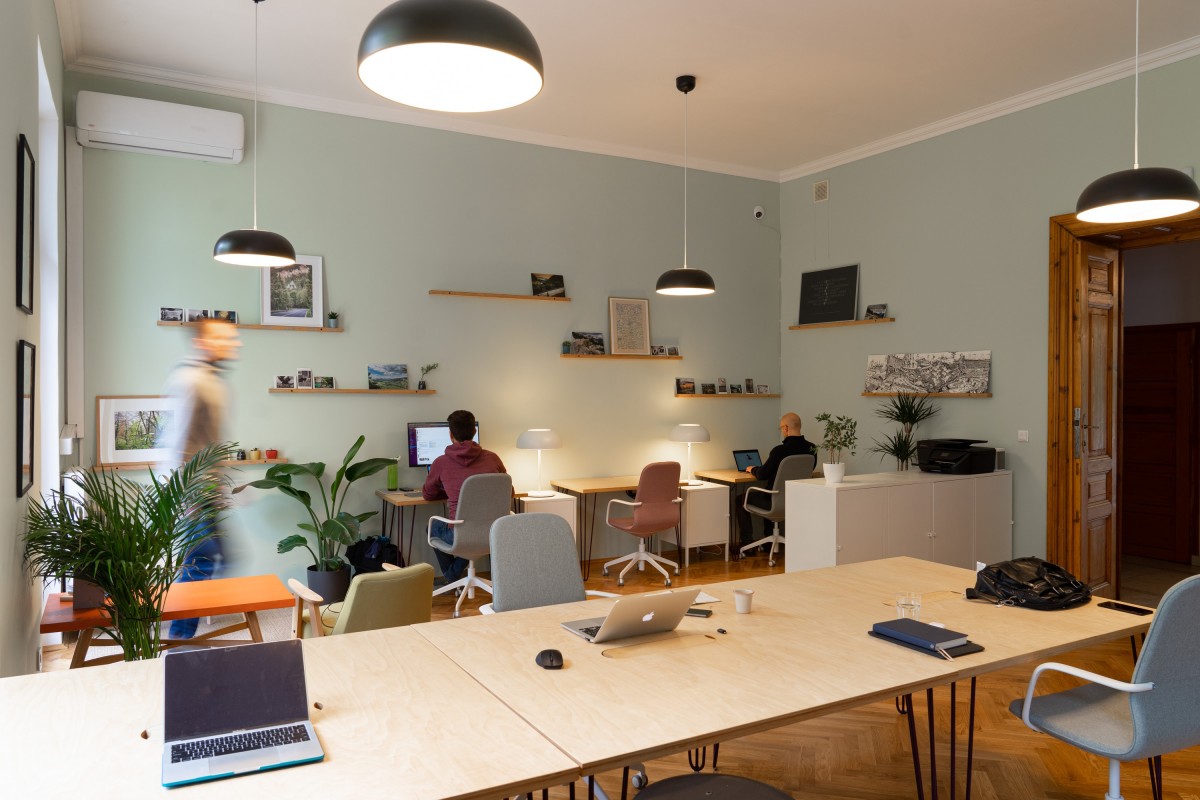When you set up a business, there’s so much to think about and do, from registering with the relevant authorities to finding suitable premises. Equipping those premises is a major part of setting up your business but it doesn’t have to be difficult or time-consuming. To help make things easier for you, here are our top tips to help you equip your business premises quickly and efficiently. With our advice, you’ll be ready for business in no time!
1. Assess Your Needs
There are many different kinds of equipment that you will need to get your business running, so it is important to assess your needs carefully and make sure that they are fulfilled. Consider what type of activities will be taking place on-site, such as customer service or manufacturing, and look at the specific requirements for each activity. If customer service is a significant aspect, think about integrating an outsourced answering service. Make a list of all the necessary items that you need in order to properly equip your premises.
2. Make a Budget
In order to make sure your business premises are properly equipped, it is important to make a budget. Having a well-thought-out budget will enable you to purchase necessary items on time and within your means. To help keep track of your expenditures, create an itemized list of the furniture and other tools that you plan on purchasing for each room or area. Be sure to factor in delivery fees, installation costs, and any other expenses. It is also a good idea to set aside some extra money as a contingency fund in case of unexpected costs.
3. Select Quality Suppliers
If you are looking to make sure you get everything you need for your business, you should always select quality suppliers. Do your research to ensure that the supplier you select is reputable and offers reliable products that meet your needs. Look for reviews of previous customers and speak to other businesses about their experience with the supplier.
It is also important to read through the terms and conditions of any agreement before signing it, so you know exactly what you are agreeing to. Investing in high-quality products from a reliable supplier will mean that your business premises is properly equipped and will last for many years. Make sure to also factor in any warranties to protect yourself from unexpected costs due to faulty or damaged goods.
4. Choose Energy-Efficient Solutions
When equipping business premises, it is important to consider energy efficiency when selecting equipment and appliances.
Investing in energy-efficient products can result in significant long-term savings as well as help reduce the environmental impact of your operations. For instance, high-quality LED flood lights for industrial and commercial use are more energy-efficient than traditional lighting solutions, while also providing greater illumination. Depending on the size and scope of your business premises, you may also want to consider other energy-efficient solutions such as solar panels or wind turbines.
Doing so can help you reduce costs and help protect the environment at the same time.
5. Get the Right Seating and Furniture
Once the basic essentials are set up, it’s time to turn your attention to the comfort and layout of the office. The types of furniture you choose will depend on the type of business you run and how many people you intend to seat. You need to ensure that ergonomics is taken into consideration when selecting seating and desks for employees as well as chairs and other furniture for visitors and clients.
When selecting seating, look out for features such as lumbar support, adjustable armrests, and height adjustability to ensure comfort. Consider the space you have when choosing desks – corner desks can be a great way to maximize the available floor space in an office.
6. Invest in Technology
Of course, having the right kind of technology can make a huge difference in the efficiency and cost-effectiveness of a business. Investing in digital systems, software, or communication devices is often essential for any modern business premises.
It could be anything from installing CCTV cameras or investing in a state-of-the-art intercom system to investing in computers and other equipment that would help automate certain processes. The key is to identify which technology would be the most useful for your particular business and what budget you have available for such investments.
Lastly, equipping business premises can be an overwhelming task. It is important to consider both the functional and aesthetic aspects of your space as well as safety regulations. However, by following some key steps such as having a plan, sticking to a budget, and considering environmental factors, you can easily equip your business premises in an efficient and cost-effective manner. Thanks for reading!


